GFRAS Annual Meeting
Hilton Garden Inn Denver Union Station 1999 Chestnut Place, DenverThe 14th Global Forum for Rural Advisory Services (GFRAS) Annual Meeting (GAM), hosted by the NAAAN, is scheduled for Tuesday, Oct. 17, through Thursday, Oct. 19. This event will be held at […]
